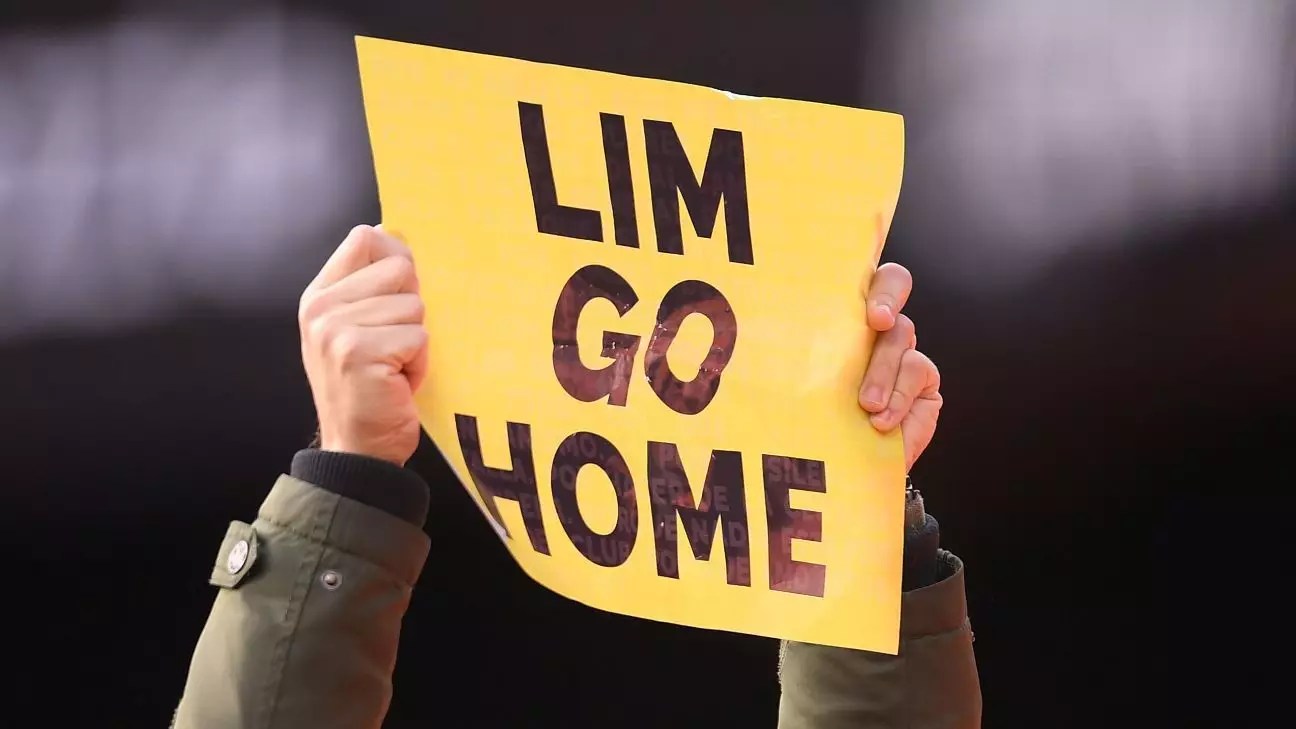The recent investigation by Singapore authorities into a Spanish couple—a 34-year-old man and a 30-year-old woman—has highlighted the complexities of public expression in tightly-controlled societies. This couple, identified as Dani Cuesta and Mireia Sáez, were on their honeymoon in Singapore when they took it upon themselves to protest against billionaire Peter Lim’s ownership of Valencia CF, a La Liga football club in Spain, which has long faced scrutiny from its fans. Lim’s purchase of the team in 2014 has been a source of unrest, primarily due to widespread discontent related to player transfers and managerial instability, resulting in the club’s poor performance.
Singapore is known for its strict regulations concerning public assembly. Unlike many Western countries, where protest is often seen as a fundamental right, Singapore requires official permits for any public demonstrations, including protests. The couple’s public display, which involved banners and stickers calling for Lim to “go home,” is seen by local law enforcement as a violation of this law. As a result, their passports were impounded while authorities investigate the matter. This raises questions about the extent to which individuals can voice their discontent in environments where laws restrict freedom of expression.
The Valencia fan base’s disillusionment with Peter Lim’s management of the club is multifaceted. Since taking over, Valencia has experienced a series of questionable decisions that many supporters feel have undermined the team’s tradition and competitive integrity. The selling of key players and frequency of managerial changes have left fans feeling alienated. Their protest tactics, including the slogans used by Cuesta and Sáez, reflect a larger narrative of frustration among fans who feel powerless in the face of ownership decisions that directly affect their beloved team.
Following the couple’s detention, Spain’s embassy in Singapore stepped in to provide assistance, highlighting the international dimensions of the case. The involvement of diplomatic channels indicates a growing concern over the treatment of citizens abroad, particularly in a country like Singapore, which is often criticized for its human rights record. The couple’s family has requested media discretion as they work towards the swift release of their loved ones, which emphasizes the personal and emotional turmoil that accompanies such incidents, extending beyond legal ramifications.
This incident serves as a microcosm of broader societal debates regarding the balance between maintaining public order and allowing for freedom of expression. In tightly regulated environments like Singapore, the line between lawful assembly and dissent can become blurred, leaving individuals hesitant to engage in public expression, even when motivated by sincere beliefs or frustrations. The case of the Spanish couple underscores these tensions and reflects a global conversation about the power dynamics at play within the realms of sport, governance, and civil liberties. As authorities work to resolve this situation, the implications for both the couple and the broader discourse on public assembly will undoubtedly resonate far beyond Singapore’s shores.


Leave a Reply